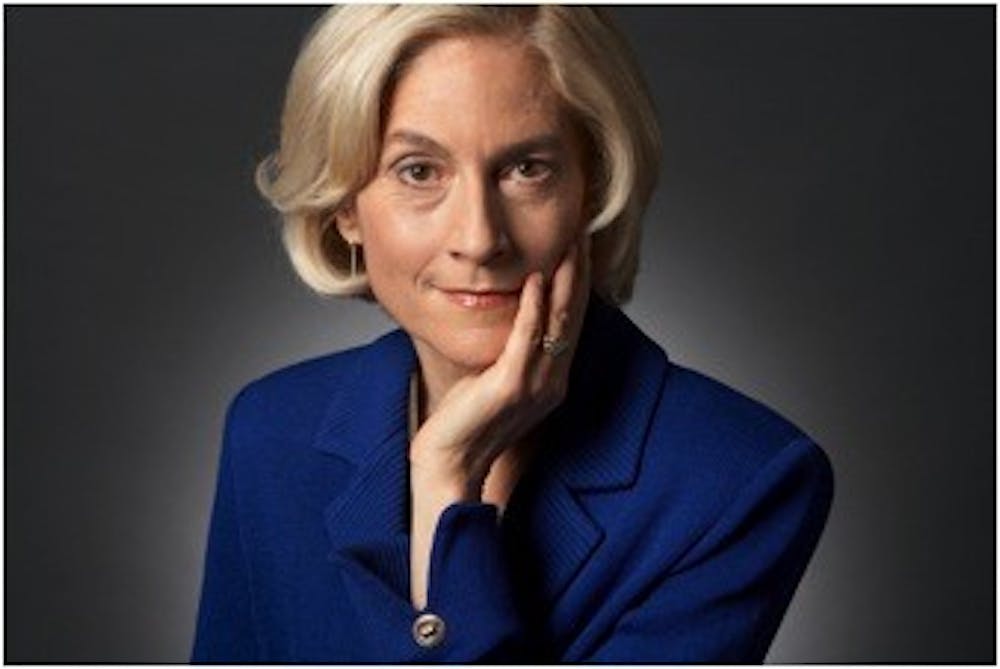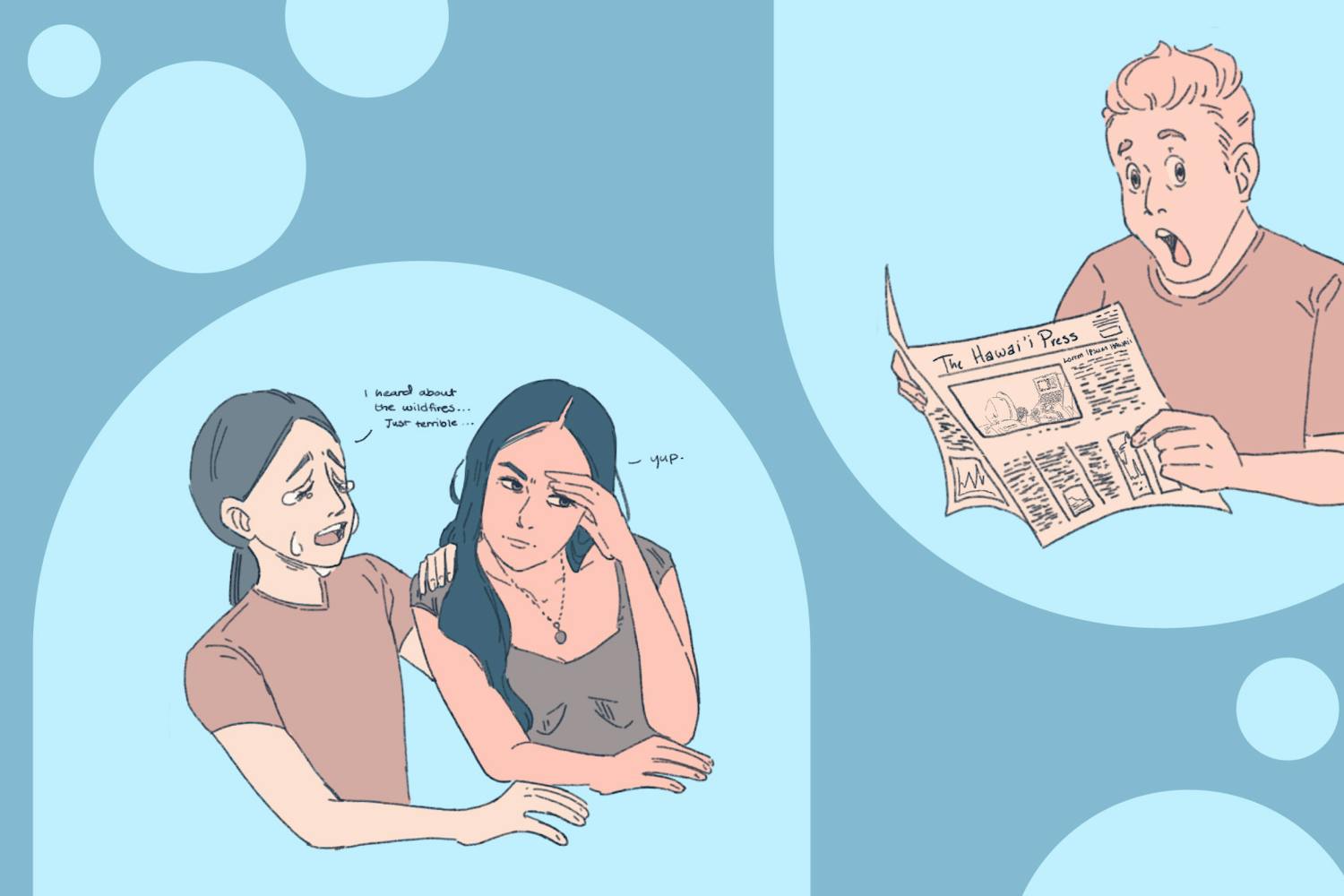On March 15, University of Chicago professor and public intellectual Martha Nussbaum came to ASU to talk about women's and human rights, a fitting topic given the current hysteria among the GOP’s presidential candidates surrounding women’s reproductive organs. Surprisingly, this was barely something that Nussbaum touched on. She instead focused specifically on the burqa bans that are currently sweeping Europe, and used them as a complex example of how religious discrimination and sexism can collide to oppress people in unexpected ways. Her deconstruction of the five major arguments that proponents of this type of legislation typically use has a lot to teach everyone:
1) The burqa poses a security risk
This is also called the transparency argument, as its proponents frequently appeal to the belief that the burqa prevents women from maintaining the transparency necessary in public interactions. This is an argument that’s used inconsistently, as nobody bars skiers, surgeons, dentists or other people whose professions require them to cover much or all of their faces from interacting with others.
2) We live in an age of terrorism.
A frequent accompaniment to this argument is an assertion of profiling’s legitimate ability to single out terrorists. The problem with legislation like this is that it’s both too broad and too narrow -- while it includes many innocent Muslim women who wear burqas, it also ignores the real threat posed by terrorists smart enough to dress in less conspicuous ways.
3) The burqa is a symbol of male domination.
The people making this argument usually don’t know a lot about Islam. If they took the time to talk to actual women who wear burqas, they’d likely hear a different story. Our culture’s obsession with treating women like objects also makes this argument suspect -- why ban burqas but not sexist commercials, television shows and more? (Side note -- this is the part where she called high school dances “festivals of objectification,” which was awesome.)
4) Women wear the burqa because they are physically forced to.
Nussbaum’s first reaction to this is that we “should hesitate before offering opinions on the intimate personal details of others’ lives,” which got a big round of applause and should be said to a lot of politicians and pundits here in the States (I’m looking at you, Rush Limbaugh). Physical violence is already illegal, so the idea that we need to ban certain items of clothing in order to stop it is ludicrous.
5) The burqa is hot and unhealthy.
This is patently untrue. Light clothing that covers most of the body is practical in extremely hot, sunny climates. Furthermore, if we were to outlaw every potentially unsafe clothing item and accessory, stilettos would clearly be on that list as well.
While there aren’t currently any plans to enact legislation like this in Arizona, the “discriminatory fear of the different” that they’re rooted in runs rampant among too many Arizona lawmakers. Nussbaum’s suggestion that politicians stop and listen to the people they claim to know so well is advice they’d be smart to take. As Nussbaum herself said, “knowledge is not a guarantee of good behavior, but ignorance is a virtual guarantee of bad behavior.”
Email me at jlpruett@asu.edu.





